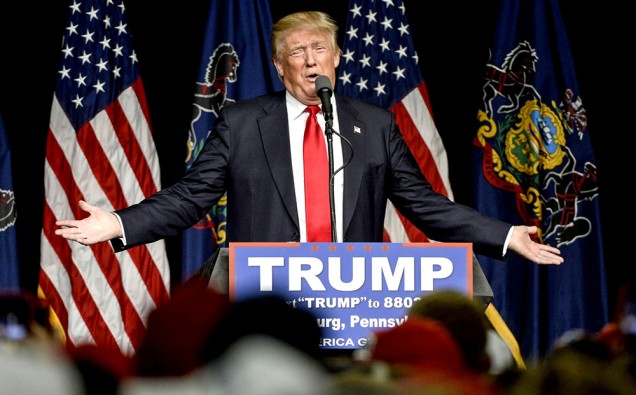The election for Donald Trump as the 45th President of America was to the established political elite a shocking surprise. Trump is arguably the most powerful position in the world; the commander of the armed forces of the United States of America.
The power allowed him to introduce some of his most controversial policies, including the ‘Muslim ban’. Trump called for the “total and complete shutdown of Muslims entering the United States” in 2015. In 2017, having been elected president, Trump
has enacted said law; with people from 7 Muslim majority countries; Libya, Sudan, Yemen, Iraq, Iran, and Syria, having been banned from entering the United States of America.
So, how was a policy which has Nazi undertones, allowed to be enforced in a self-described civilised society? In short, the answer is ‘Media Power.’ The ‘media’ is an agent of power and can help individuals promote their ideology. Trump was a persona and enigmatic figure that drew crowds and viewership. With the exposure, came the power. Trump could support himself without extending the same opportunity to his contenders.
This worrying trend; former Italian PM Silvio Berlusconi gained power in his native country Italy through media ownership, must be scrutinised. More checks must be put in place to ensure unqualified showmen are not able to razzle dazzle their way into
positions of power.
UK Government legislation has two laws in place to scrutinise media power; ‘The Enterprise Act 2002’ allows the government power to intercede in decisions regarding media mergers which may affect the public. The law aims to protect the public interest and plurality of the media. Secondly, the ‘Communications Act 2003’ regulated the digital industries in the UK via Ofcom. Perhaps the US would benefit from similar laws.






















